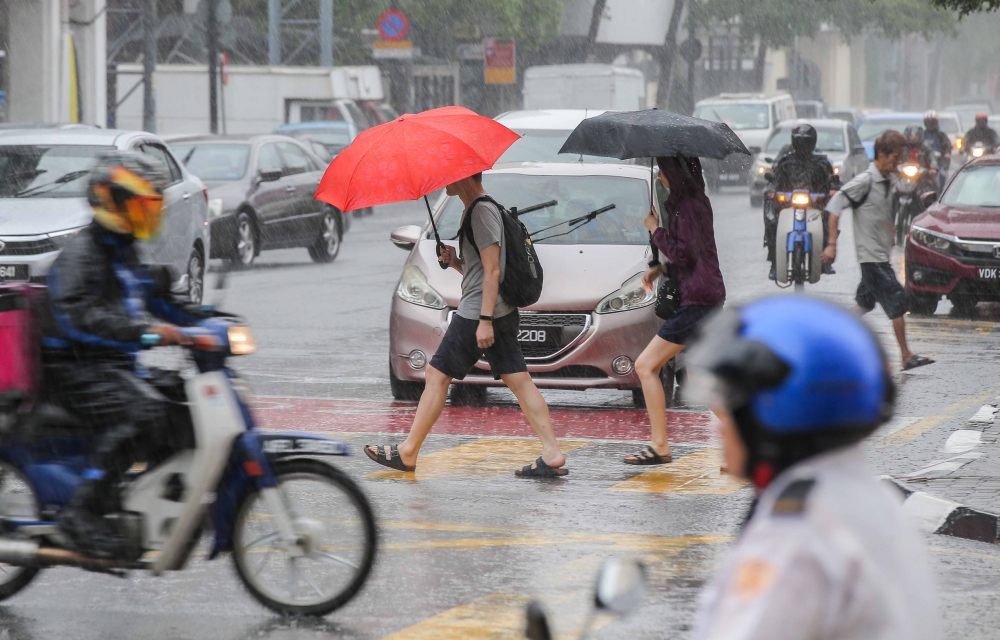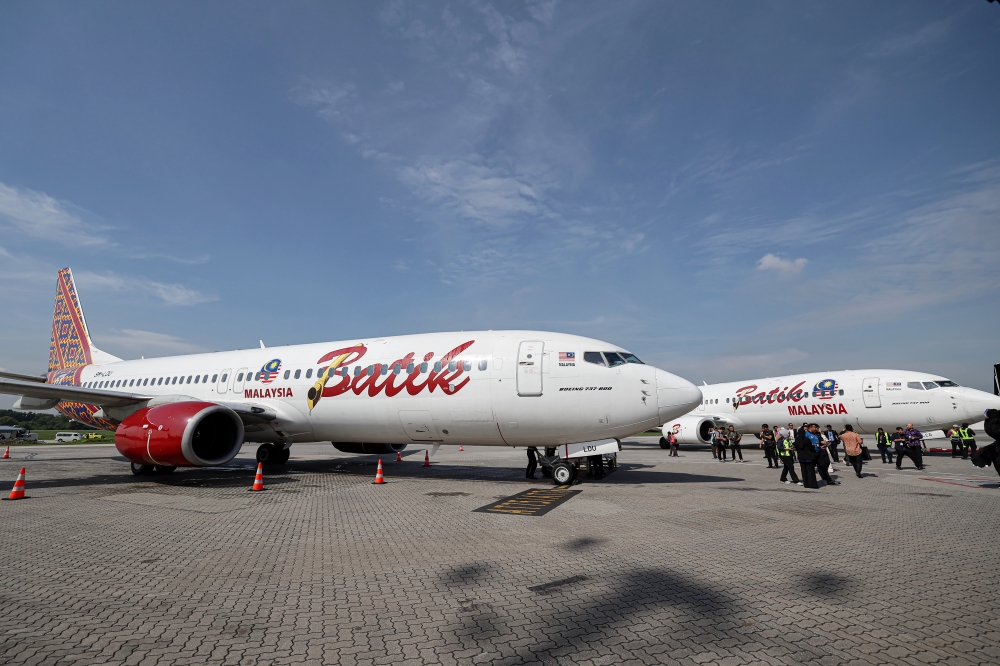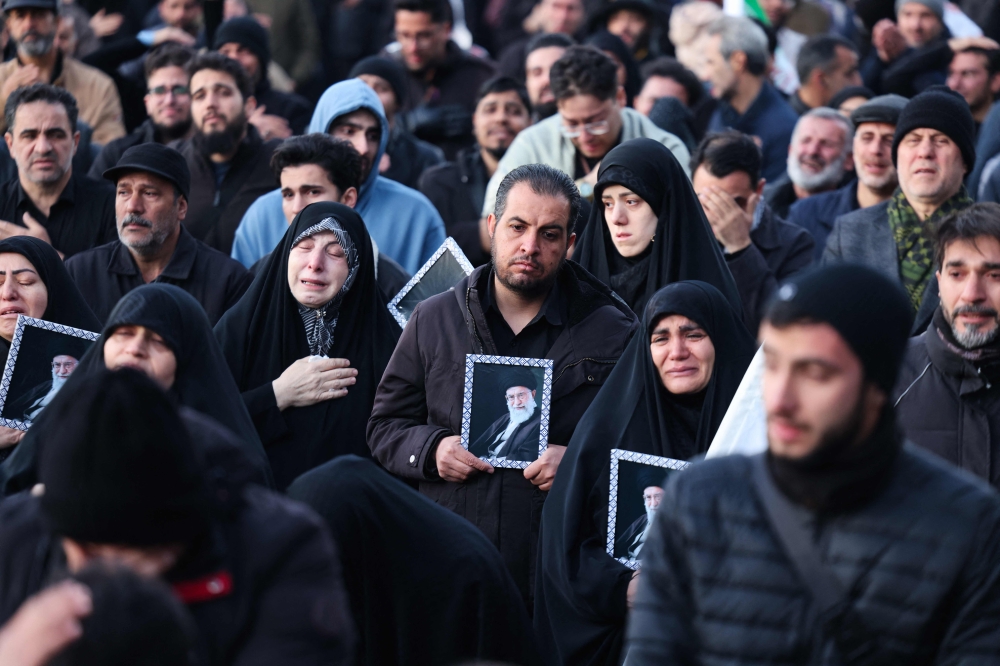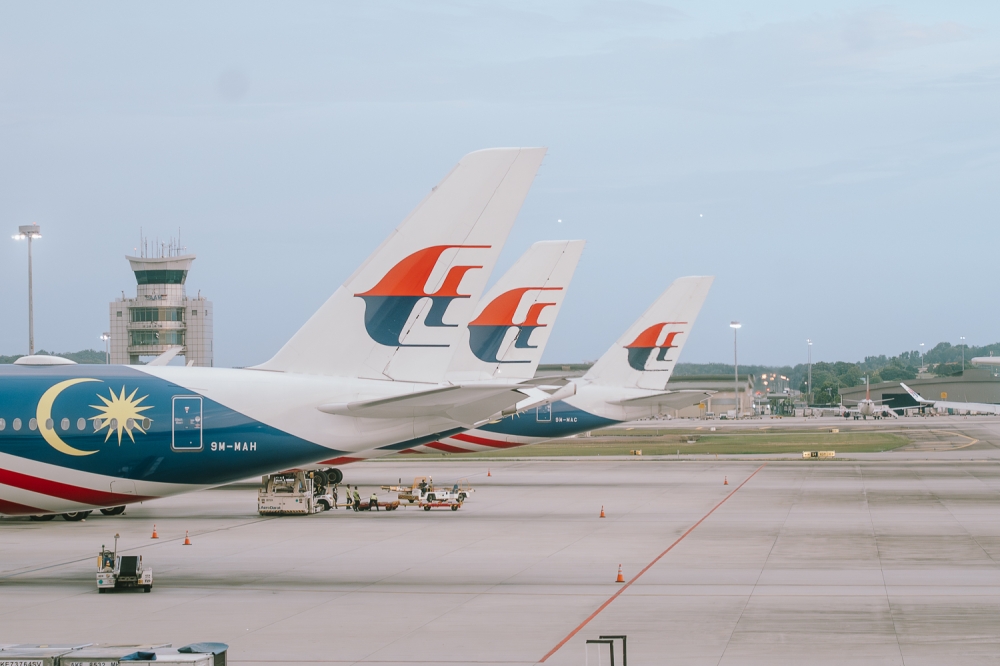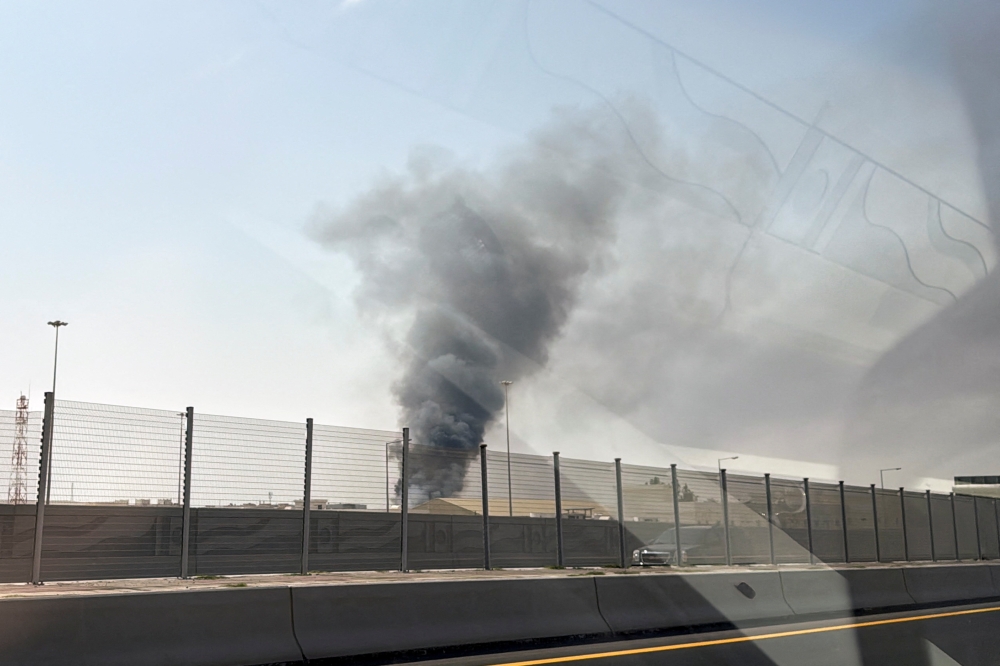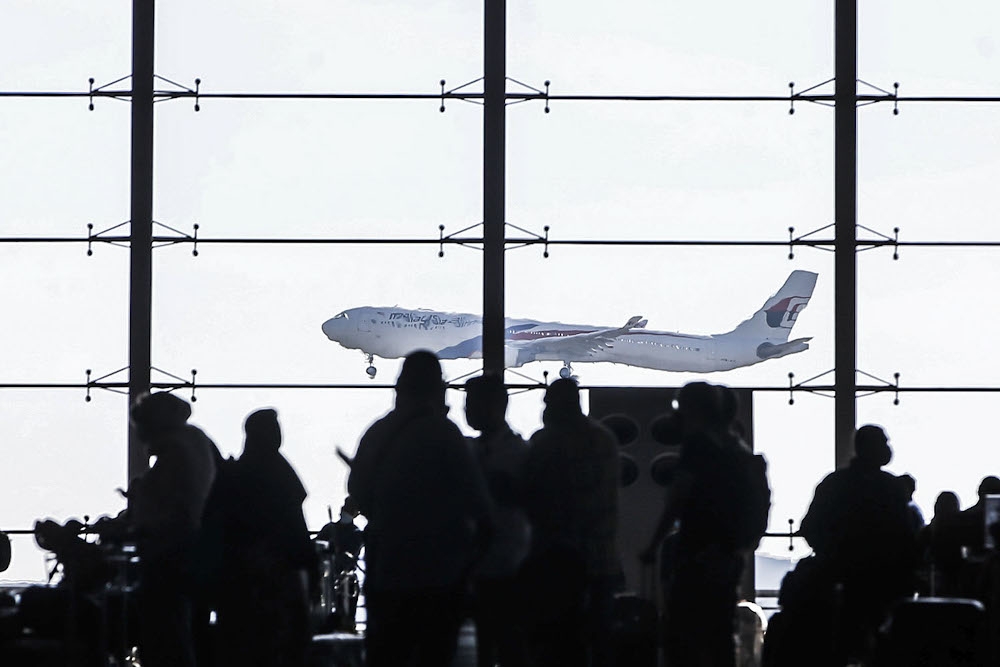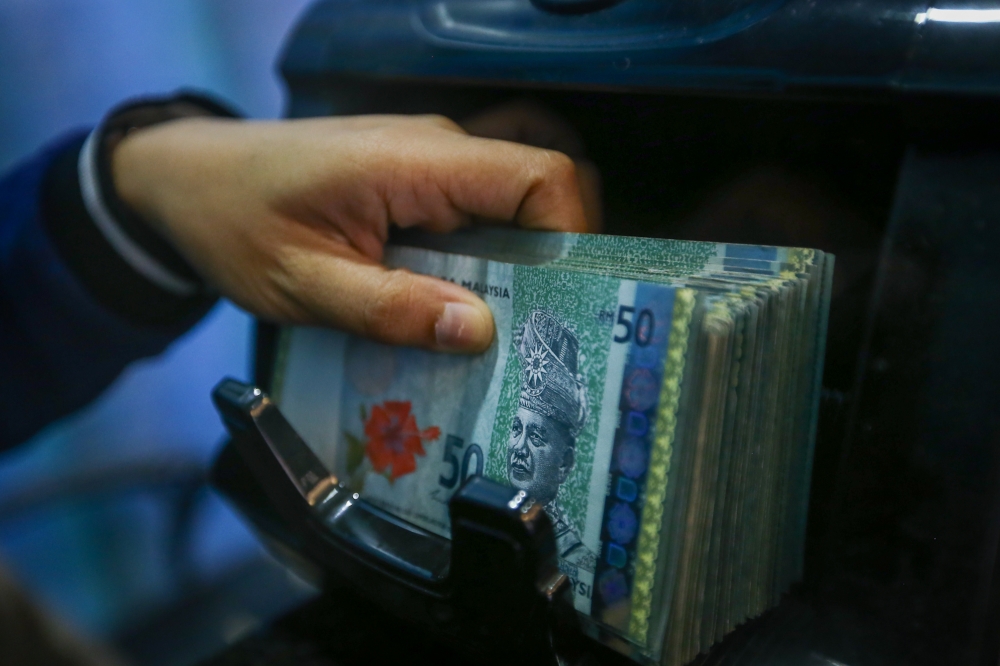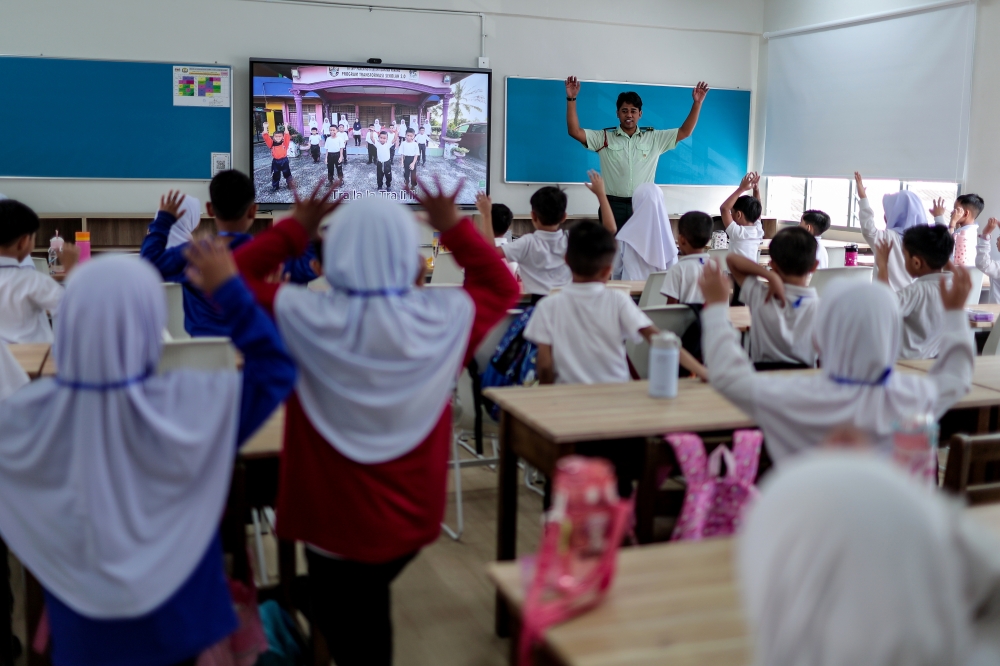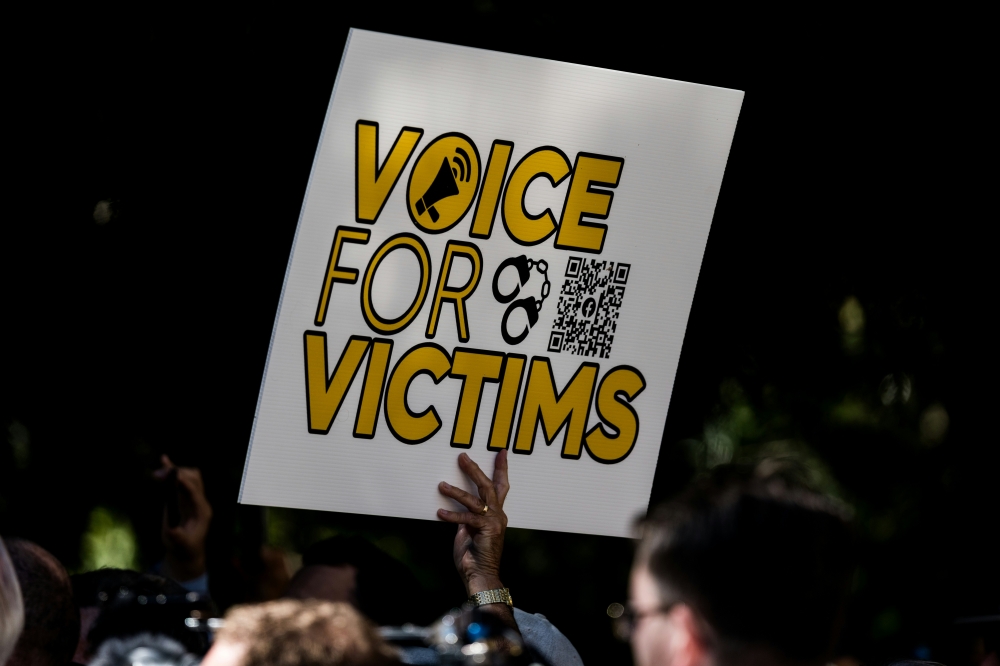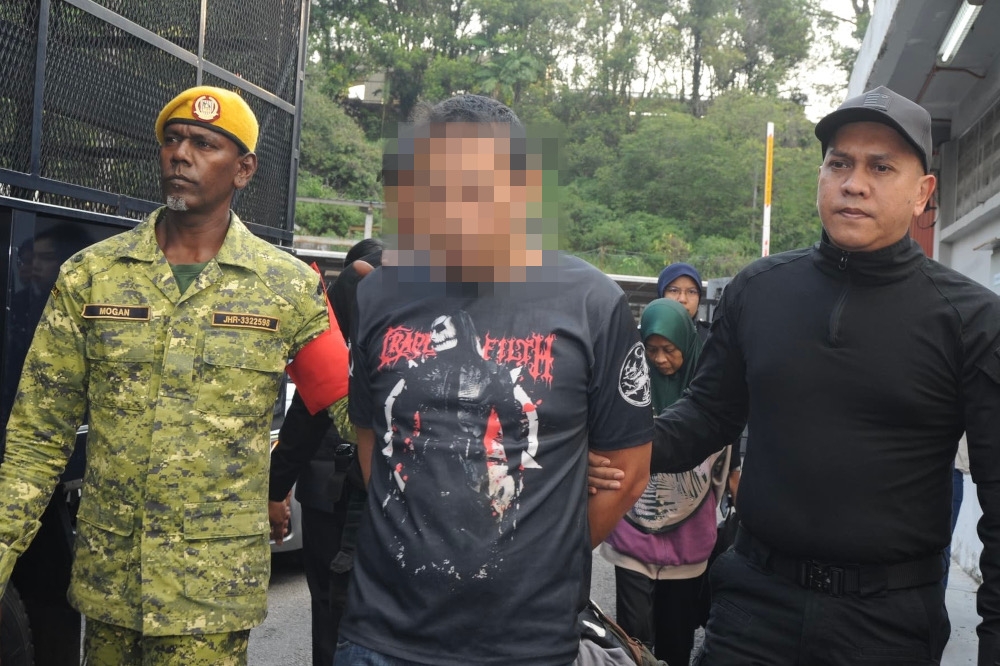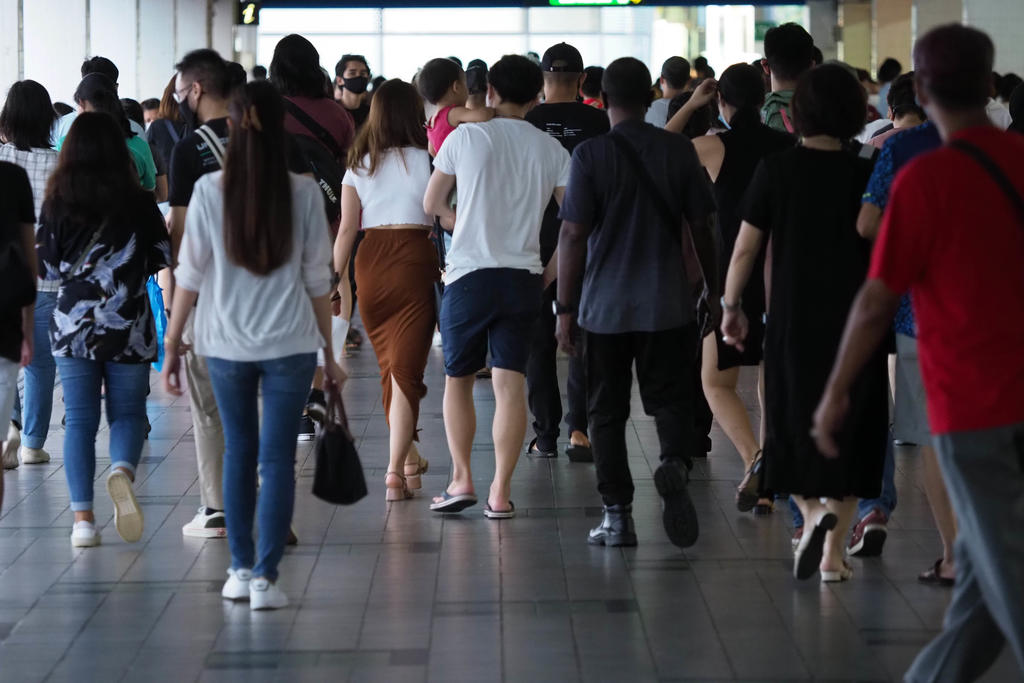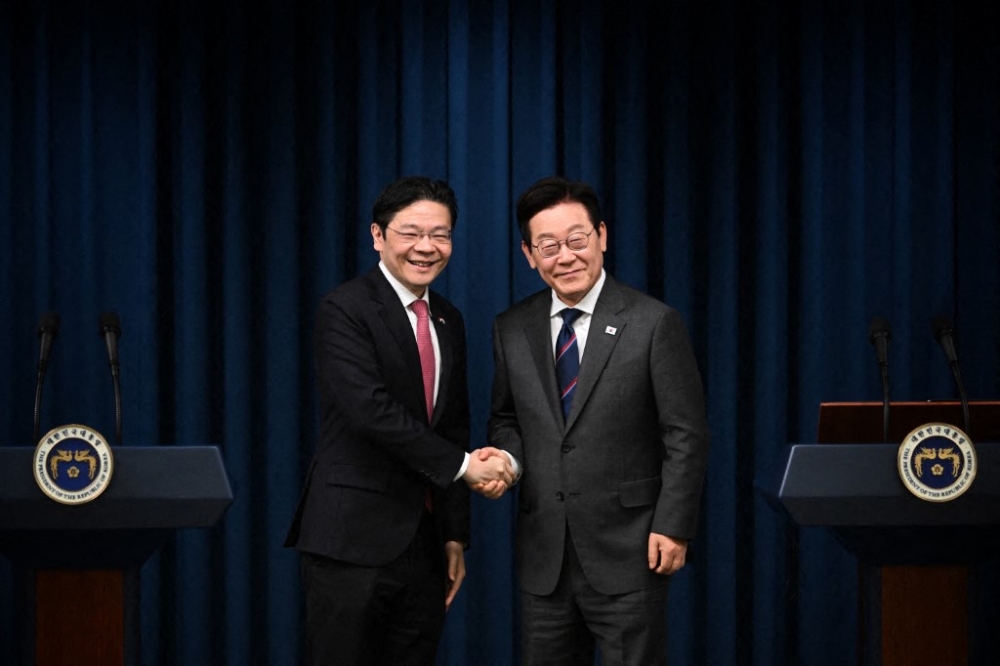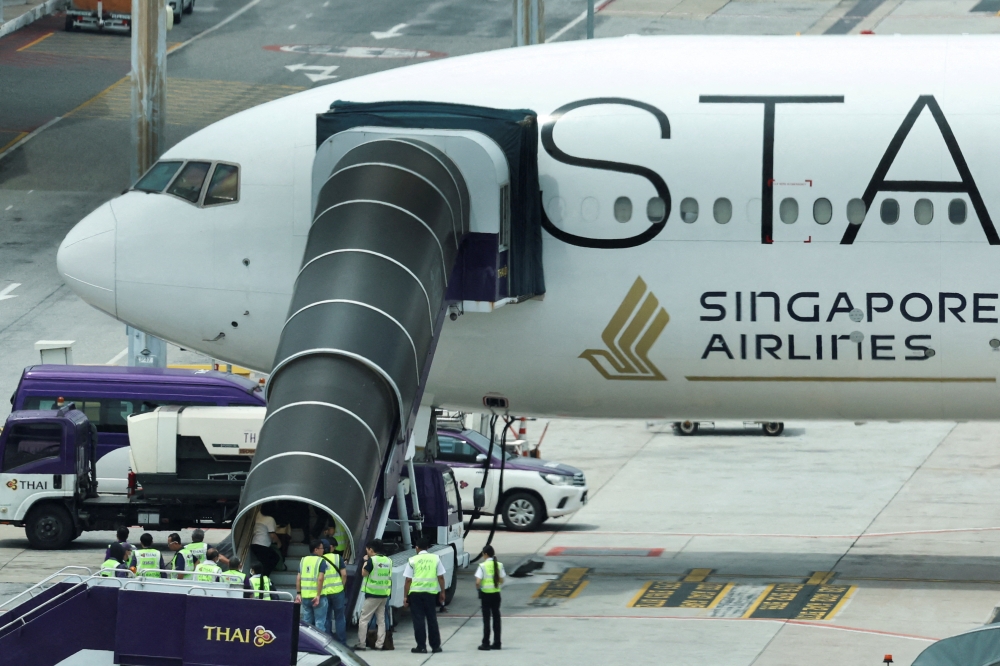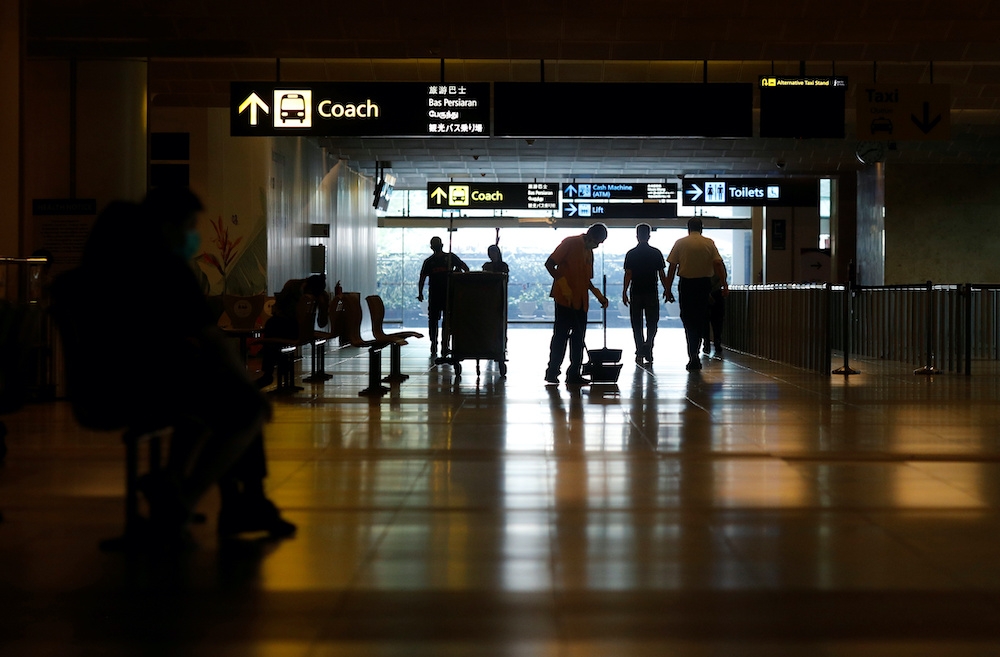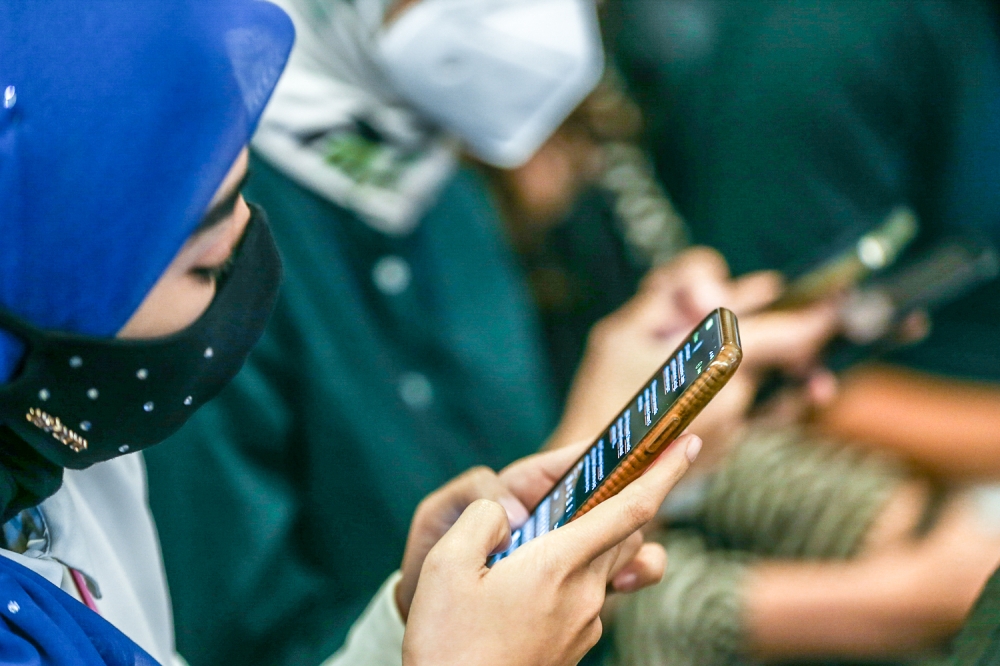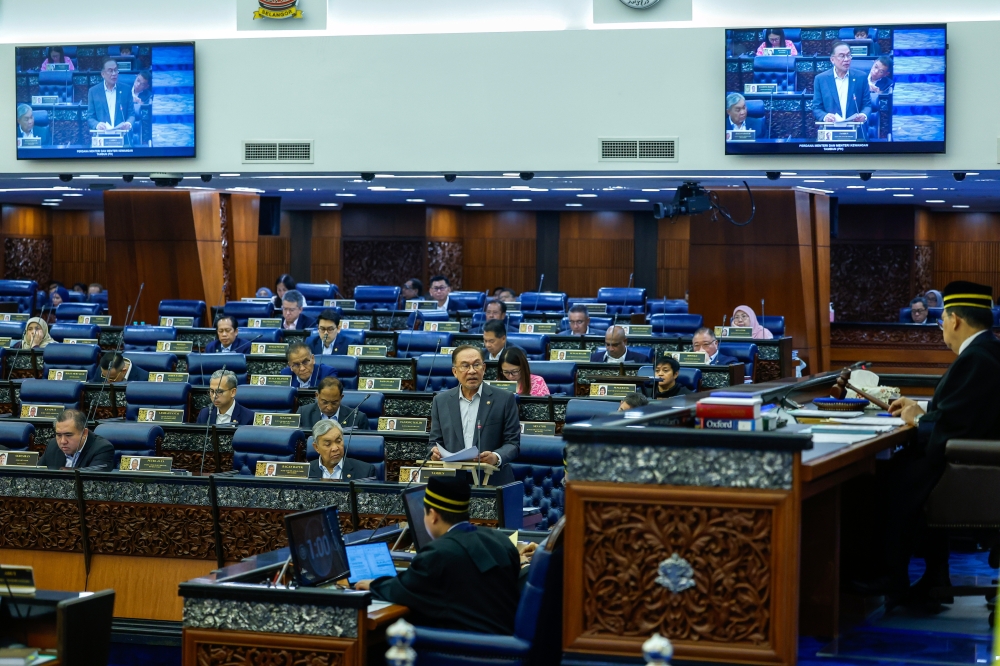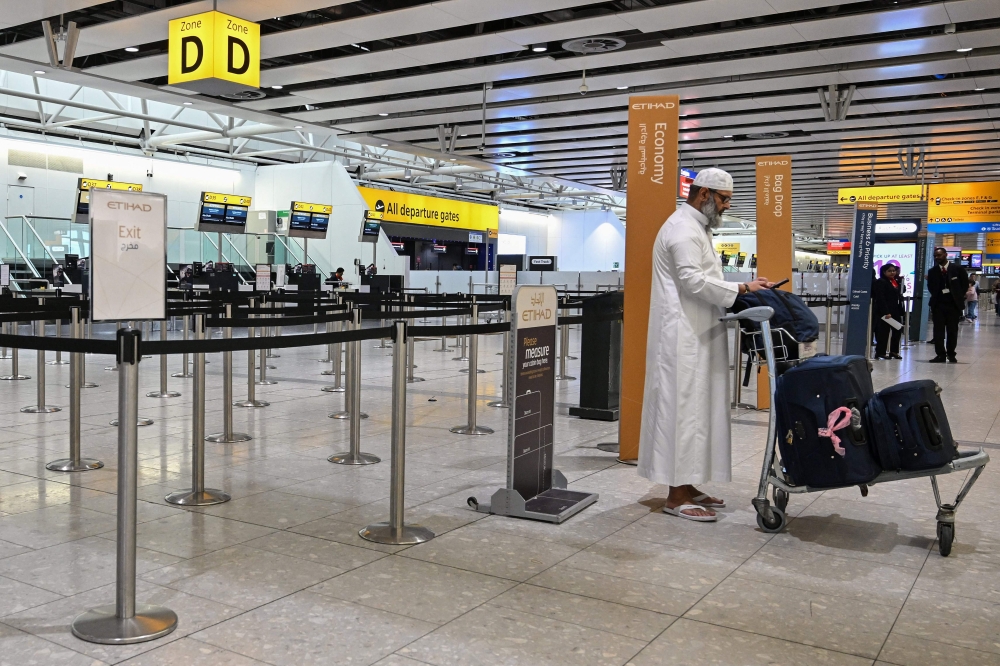SINGAPORE, Sept 27 — On Friday (Sept 24), the Government announced a tightening of restrictions as a surge in Covid-19 cases in the last few weeks had led to “tremendous pressure” on the healthcare system.
Social gatherings and dining-in being limited to a maximum of two people are among a slew of measures that will be implemented for the next one month from Monday to reduce the rate of transmission.
The tighter restrictions have thrown a spanner in the works as Singapore transitions to living with an endemic Covid-19.
Beyond government policies, however, infectious diseases experts say that there is a need for a mindset shift with regard to Covid-19, and a change in the messaging about how deadly the disease is.
There should also be more personal responsibility, and one way the population can exercise that is to self-isolate and monitor one’s conditions at home, instead of seeing the hospital as the first port of call.
This will help prevent hospital resources from being overwhelmed, allowing healthcare to be focused on seriously ill patients.
TODAY explains the importance of the public taking greater personal responsibility and how the population should rethink its relationship with this disease.
How important is personal responsibility?
To reduce pressure on Singapore’s healthcare system, Dr Leong Hoe Nam, an infectious diseases expert from Rophi Clinic, said that not every person who tests positive with Covid-19 needs to be admitted to the hospital.
Admission into hospital for Covid-19 is more of a cultural expectation, but not a standard of care that is required for the patient, he added.
Associate Professor Kenneth Mak, director of medical services at the Ministry of Health (MOH), said on Friday that about 40 per cent of the infected are recovering at home and between 15 and 20 per cent are at hospitals, while the rest are at community care facilities.
Professor Ooi Eng Eong from the Emerging Infectious Diseases programme at Duke-NUS Medical School said that 95 per cent of cases reported daily are either asymptomatic or mild.
“These cases do not require hospitalised treatment. There is thus more than ample capacity in our healthcare system to deal with the severe Covid cases,” he said.
In a possible scenario where Singapore hits over 3,000 cases a day, hospitalising just 5 per cent would mean that only 150 patients would be admitted, a number that would not put a strain on the healthcare system.
“We have not been disciplined in deciding who needs admission and who doesn’t,” said Dr Leong.
Unless one has severe symptoms, he said that most can isolate themselves at home, monitor their temperature and oxygen levels with simple tools like a thermometer or oximeter, and then decide whether hospitalisation is necessary.
Taking on more personal responsibility also applies to people deciding for themselves whether to head out of the home to meet other people, and to test themselves if they feel unwell.
Such an approach means not simply looking to the Government for instructions, added Dr Leong.
Professor Dale Fisher, an infectious diseases expert from the National University of Singapore (NUS) Yong Loo Lin School of Medicine, said that a community taking necessary precautions to prevent themselves being infected or infecting others is a better approach than a lockdown.
“It’s almost like, as a population you need to be told what to do, you can’t do it yourself. And I think our population is better than that,” he said.
Infectious diseases experts also agree that locking down would no longer be effective as there is no way of eliminating the Sars-CoV-2 virus responsible for the Covid-19 disease.
How dangerous is Covid-19?
Experts also agree that the messaging surrounding Covid-19 as a dangerous and deadly disease needs to change; it has to be seen as something that is manageable, especially if one is vaccinated.
One reason the public has not been able to take on more personal responsibility is due to the constant changes in safe distancing rules, said Professor Paul Tambyah, president of the Asia Pacific Society of Clinical Microbiology and Infection.
“Most people are confused by the changing rules and perplexed that they are told that this disease is so dangerous that they cannot go out as a family of three to a café if they are all well and vaccinated.
“But if they are actually infected and have a fever, they have to stay at home and not overcrowd the emergency departments. This is very difficult for most people to understand,” said Prof Tambyah.
He said that the messaging to the public that Covid-19 is predominantly a mild disease needs to be clear.
A change in messaging would mean that people should not panic even if community cases do hit the thousands, said Prof Fisher.
In fact, the hypothetical 3,200 figure cited by Health Minister Ong Ye Kung in earlier media interviews may be in fact a reality at this moment, given that the Ministry of Health’s (MOH) daily updates only include those who got tested.
“So this is why I keep saying the case numbers don’t really matter… Tomorrow if 1,000 young, fit 30- and 40-year-olds that were vaccinated got Covid, that would be no cause for concern. Those people are extremely unlikely to need the health system... So you shouldn’t be panicked by the fact that a couple of thousand got infected,” added Prof Fisher.
The numbers to focus on, he said, would be of patients in the intensive care unit (ICU), of those that require oxygen, and of vulnerable people — including the unvaccinated, the elderly and the immunocompromised — that are newly infected.
Such a messaging would be different from the ones communicated in 2020 when the Covid-19 pandemic first hit Singapore shores, where there was a lot of caution on the danger of the disease.
But things have changed now, thanks to vaccination, said experts.
“Last year, it wasn’t a flu. With vaccination, it’s as mild as a flu,” said Dr Leong.
Are the current measures necessary?
With virus elimination impossible, Prof Ooi said that it would be “untenable” to deal with Covid-19 as an endemic disease by continuing on with a disease elimination strategy.
“No one deals with endemic diseases, such as dengue, by tracing and quarantining people who are potentially infected to limit transmission. The key is to manage the cases to minimise the burden of severe disease,” he said.
Hence, he thinks it does not make sense to quarantine asymptomatic and vaccinated healthcare workers as that would only exacerbate the situation.
“Our healthcare system is stretched thus not because of the number of Covid cases but rather the shortage of manpower,” he said.
Prof Tambyah thinks that the tighter restrictions announced on Friday would not help and that it seemed one step closer to a lockdown.
To treat Covid-19 as endemic like other potentially deadly respiratory infections such as tuberculosis and influenza, he said hospitals should admit those who meet normal criteria for admission for pneumonia and simply monitor the rest as outpatients.
“We should not do blanket quarantines or school or business closures any more as the virus is essentially everywhere,” he said.
He added that tuberculosis is being managed by doing targeted contact tracing that focuses on households and also high-risk workplaces such as schools and nursing homes.
“The key has to be good surveillance of symptomatic people (as we do with influenza) and protection of the vulnerable – through vaccination and ensuring appropriate medical attention,” he added.
However, Prof Fisher said that the policies put in place when Singapore started transitioning to an endemic situation would have been enough if the cases did not rise as exponentially as it did.
Dr Leong said the authorities would use the next month of tighter restrictions, which they refer to as the stabilisation phase, to see the level of equilibrium Singapore can reach.
He believes that the equilibrium will be 3,000 to 5,000 cases a day. — TODAY

